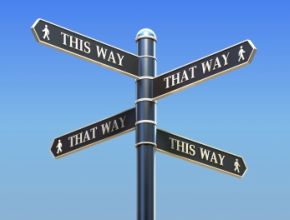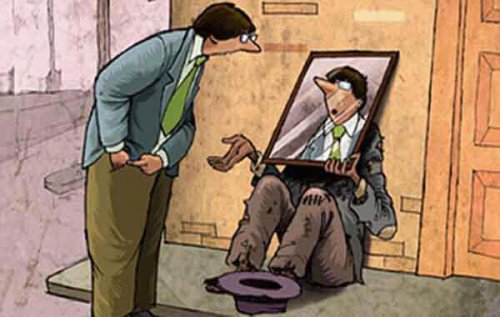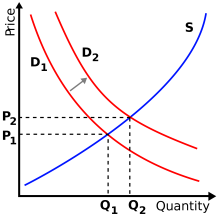In a recent family meal, my mother scolded my sister and I for making the same little mistake over and over again. This is the reason why this question came up to my mind.
Decision-making mostly involves reasoning whenever the decision is important and not instant, or intuition when it is. Gathering and analysing facts to reach a conclusion is definitely the best way to reach the best possible solution, but does memory play a role in it?

Anon, (2016). (image) Available at: http://dleadershipgroup.com/wp-content/uploads/2016/09/201502-This-Way-That-Way-Sign.jpg (Accessed 23 Dec. 2016)
Let’s get an easy example to analyse this situation. Imagine you tried cauliflower a couple weeks ago and didn’t like it at all. If you go to a restaurant and it comes with a main dish, you will not eat it and even less ask for this food. Since flavours are almost impossible to remember, this means you remember not liking it and this memory leads you not to making the decision of eating it. Therefore, memory is definitely used.
However, if we look at another and less basic example, such as making a mistake in a maths exam the situation gets a bit more complicated. Imagine we get a formula wrong and 0,25 marks are taken off. It is almost an insignificant drop in the mark and that’s why we might repeat the same mistake in the following exam. Nonetheless, if that was the reason why we failed, things would be different. Since it’s a shocking and important mistake, we would remember it, revise the correct formula and it is quite certain we won’t repeat it again.
To sum up, I consider memory a determinant factor when deciding and I believe the reason why we might make the same mistakes is because they haven’t had enough impact on us for us to remember them.
Bibliography
- Medical Daily. (2016). You’re More Likely To Choose Food You Remember: Study. [online] Available at: http://www.medicaldaily.com/how-memory-influences-decision-making-we-are-biased-toward-remembered-food-options-334506 [Accessed 23 Dec. 2016].
- 2011-2016, (. (2016). Effective Decision Making | SkillsYouNeed. [online] Skillsyouneed.com. Available at: http://www.skillsyouneed.com/ips/decision-making.html [Accessed 23 Dec. 2016].

